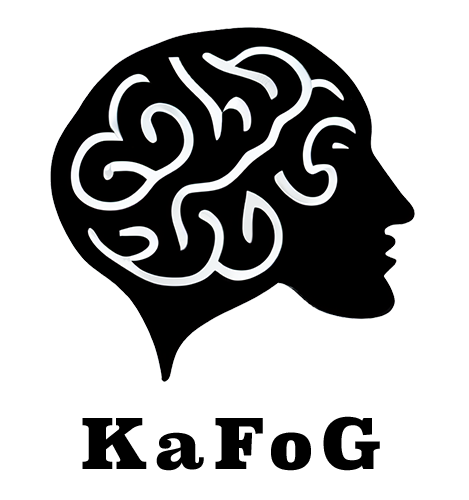Emotional Intelligence is definitely a must for every professional! We also know that it is one of those concepts that you might have heard of before and wondered, ‘what does that even mean?’ So let’s talk about why it is important.
Meet Esther, a respected manager known for her kindness, respectfulness, and her innate ability to empathize with her team members. Esther thrives on solving problems, viewing setbacks as opportunities, and radiates a calming influence among her colleagues. Her manager frequently commends her for her remarkable emotional intelligence (EI), and Esther herself recognizes EI as a personal strength. She believes it’s an asset she doesn’t need to improve upon for her leadership journey.
Watch the following video by Brendon Gouveia which defines and shares 4 aspects of emotional intelligence:
Also: Top 10 High-Paying Tech Jobs to Look Out for in 2024
However, despite her remarkable EI skills, Esther feels stuck in her career. She struggles to demonstrate the kind of performance her company expects. This paradox highlights a common misconception about emotional intelligence — the tendency to define it too narrowly. Esther’s focus on sociability, sensitivity, and likability has led her to overlook critical elements of EI crucial for becoming a more effective leader.
Click Next to Discover The Four Domains of Emotional Intelligence
In a recent Harvard Business Review article, it’s pointed out that leaders like Esther, who excel in kindness and positivity, might lack the ability to deliver challenging feedback, the courage to drive change, or the creativity to think innovatively. These gaps don’t indicate a lack of emotional intelligence but rather an uneven distribution of EI skills. A well-balanced array of specific EI capabilities, developed over time, prepares leaders for these tough challenges.
Related: Enhancing Remote Workers’ Wellbeing: A Blueprint for Success
The Four Domains of Emotional Intelligence
Emotional intelligence isn’t a one-size-fits-all concept; it consists of four domains:
- Self-awareness: Understanding your emotions and their impact.
- Self-management: Regulating your emotions effectively.
- Social awareness: Recognizing and understanding the emotions of others.
- Relationship management: Interacting positively and productively with others.
Each of these domains is further broken down into 12 EI competencies, which are learnable and crucial for outstanding performance as a leader.
Also: 6 Clear Signs It’s Time for a Career Change
Balancing Your EI Competencies
While Esther excels in areas like empathy, positive outlook, and self-control, she may need to strengthen other abilities such as achievement, influence, conflict management, teamwork, and inspirational leadership. These skills require just as much emotional engagement and should be integral to any leader’s development journey.
For instance, if Esther enhanced her conflict management skills, she could provide constructive feedback effectively. With improved influence skills, she could lead her team more effectively by addressing issues directly, even with a challenging colleague. Esther’s ability to bring simmering issues to the surface while maintaining emotional control lies at the heart of conflict management. Additionally, she could use her influence to communicate her desire for her colleague’s success and explain how a change in behavior would benefit everyone.
Related: Could Self-Awareness Be the Key to Revolutionizing Your Habits?
Similarly, developing her inspirational leadership competence would enable Esther to drive significant changes within her organization. Leaders with this strength can craft a vision that resonates emotionally with both themselves and their team, which is crucial for motivating change.
Striving for Balance
To excel as a leader, it’s essential to develop a balanced set of strengths across these EI competencies. When leaders achieve this balance, positive business results naturally follow.
Related: Discover Your Ideal IT Career Path Based on Your MBTI Personality Type
Assessing and Improving Your EI
Wondering where your EI might need improvement? Begin by reviewing the 12 EI competencies to gauge areas that require development. Various formal models and assessment tools are available, each with its own strengths. Choose a tool that predicts leadership outcomes effectively.
Consider comprehensive 360-degree assessments, which collect self-ratings as well as input from colleagues who know you well. This external feedback is invaluable for evaluating all aspects of EI, including self-awareness. Seeking feedback from a diverse group of people provides a more accurate picture of your strengths and weaknesses.
In conclusion, emotional intelligence is a multifaceted skill set that extends beyond sociability and empathy. By developing a well-rounded EI, you can unlock your full leadership potential, drive change, and excel in your career. Don’t underestimate the power of emotional intelligence in your journey towards becoming an exceptional leader.

